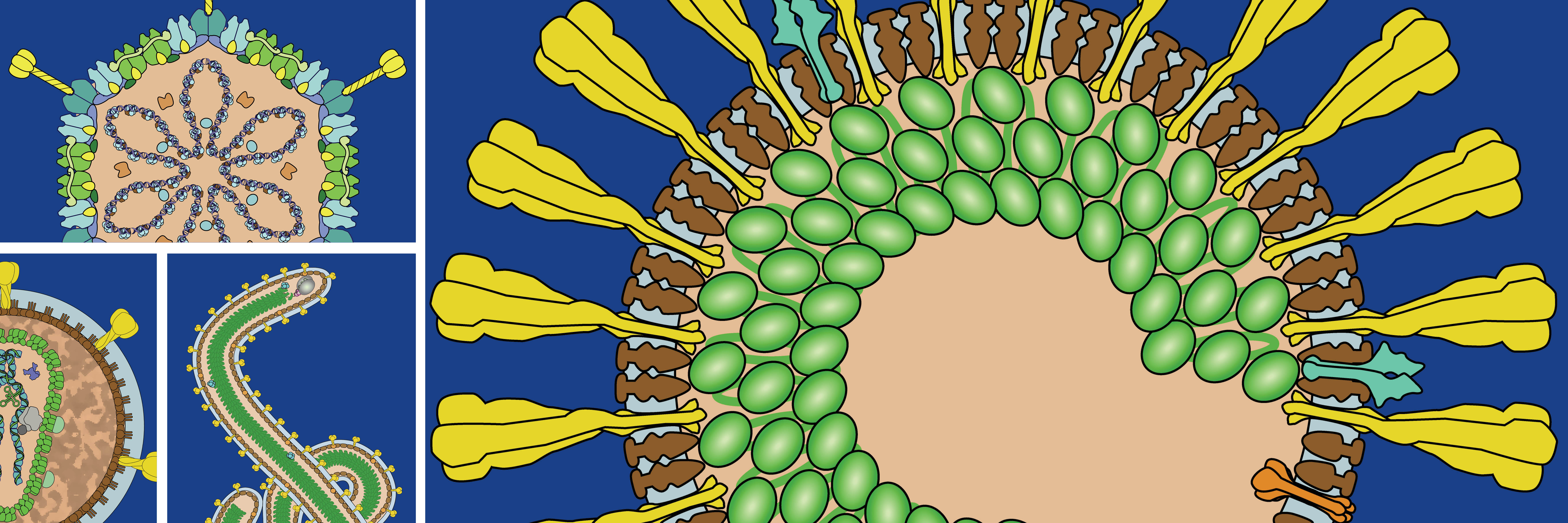Symposium 2016
3-4 November 2016
1st Symposium

The recent viral outbreaks of Ebola in West Africa and Zika in South America have highlighted the ability of new viruses to cause health crisis of international concern.
Since viruses were initially discovered, in the first half of the 20th century, the number of viral diseases identified in humans has increased continuously. More than 30 new viruses, causing acute or chronic diseases in humans have been identified in the last thirty years. While some have been unrecognized human companions for centuries others have emerged from the animal world only recently, as indeed animals are the main reservoir for most viruses on earth. The Influenza virus is probably the best illustration of the ever-adaptive capacity of viral organisms to evolve and cross the barrier of species. Moreover, these phenomena are largely unpredictable. Despite our extensive knowledge of the viral biology and environmental factors that can bolster outbreaks, global health authorities and scientists have so far remained unable to accurately predict the most recent epidemics. Among others, HIV is certainly one of the best example of an emerging virus: from non-human primates, it has adapted and spread to cause one of the most impressive and devastating human pandemics in recent human history.
This two-day symposium will provide participants with a unique opportunity to foster exchanges and collaborations around high-level interventions given by world-class specialists on emerging viral diseases. A diverse range of themes will be discussed including: the key biological characteristics that promote the spread of these viral agents, recent epidemiological trends, clinical and public health impact of emerging viral diseases, new vaccines and medical strategies and many more...
Geneva is home to WHO headquarters as well as to several other global health agencies and NGOs, and thus a near-ideal location to host this exceptional symposium.
On behalf of the University of Geneva Faculty of Medicine and of the Geneva University Hospitals, we warmly welcome you and wish you a fruitful meeting.
